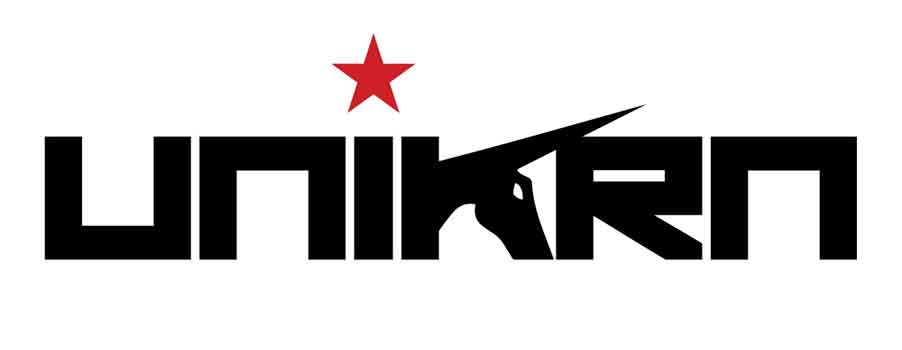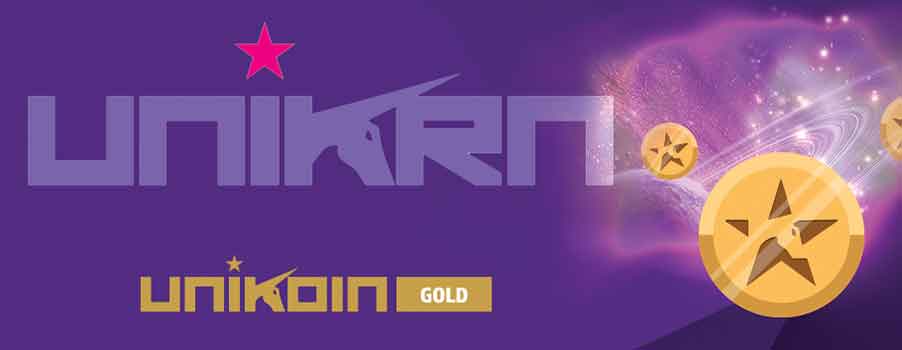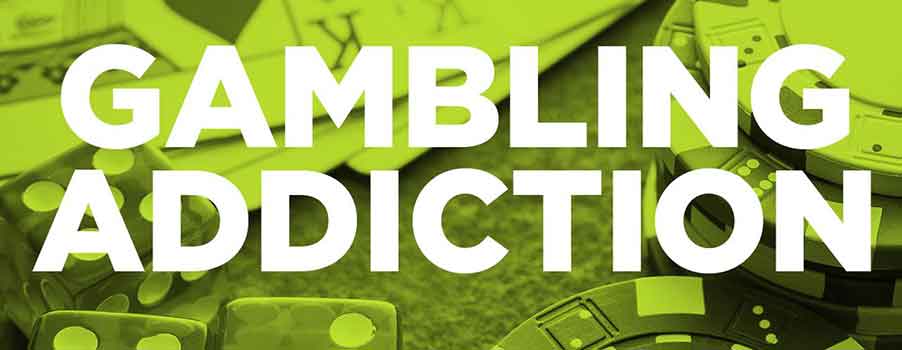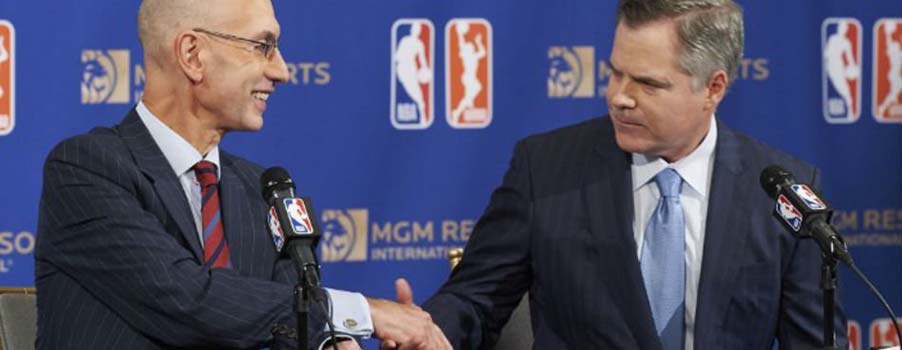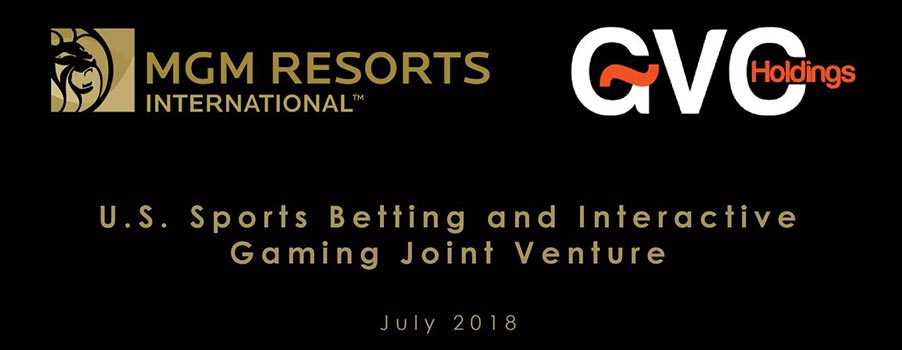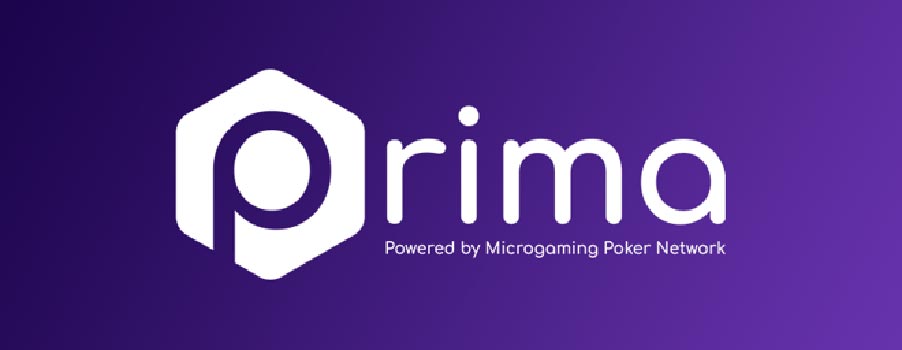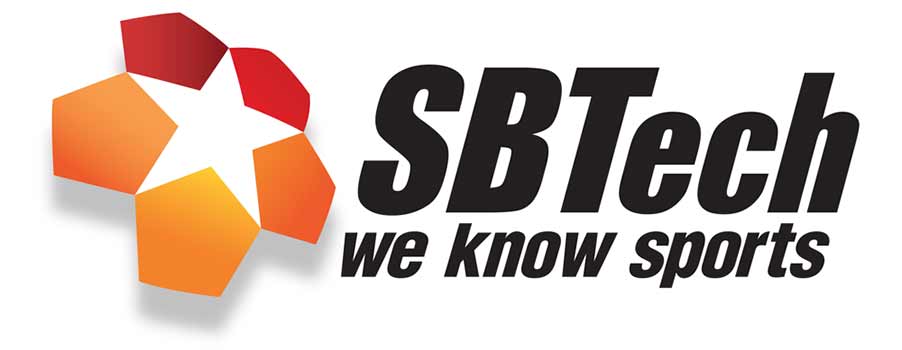Global payment providers Worldpay, Inc., and Paysafe Group have recently announced a new strategic partnership that is aimed at establishing a standard for the sports betting and online gaming digital payments acceptance and security in the United States. This move is perhaps a well-timed response to the rapid growth of the online and sport betting industry following the May Supreme Court ruling that event that lifted the federal ban on sports betting thus individual states the go-ahead to liberate on their own sports betting regulations.
Paysafe Group is one of the world’s most popular providers of end-to-end payment solutions and its core business is enabling businesses and consumers to connect and perform seamless transactions. The company has well over two decades worth of experience, close to 3,000 employees and up to 12 global locations. Worldpay, Inc, on the other hand, is highly regarded for its capability to power global omni-commerce.
The duo’s partnership will leverage Worldpay’s optimized credit card processing, fast-fund payouts as well the included treasury and payment solutions. Paysafe, on the other hand, will be providing its online gambling and gaming digital payment options which include Paysafecard online cash solution and NETELLER wallet. With this partnership in place, the duo will be able to facilitate seamless transactions while reducing operating costs and allowing universal payment acceptance.
This is exactly what the American sports betting and online gaming industry need as they continue to grow – the American Gaming Association estimates that the sports betting market in the country is worth over $150 billion in gross online and offline gaming revenue. From the looks of it, it could become the largest sports betting market in the world and therefore reliable and convenient payment systems are necessary.
More Choices for the Players
Joel Leonoff, the President and CEO of Paysafe Group believes that the partnership will be able to effectively champion the needs of both the players and the operators by giving them access to a secure, high-configurable and cost-effective payments systems that will deliver an unmatched player experience. The innovative approach the duo will be going with means that the partners will be able to support all transactions. In essence, this means that there will be a ton of payment choices for players to choose from.
In a statement released shortly after the announcement of the partnership, Shane Happach, Worldpay’s executive vice president and head of global enterprise eCommerce pointed out that the combined strengths and capabilities of the two companies would simplify payment options for the gaming operators while “continuing to show our attentiveness to responsible gaming and our mission to protect the integrity of every transaction.”


